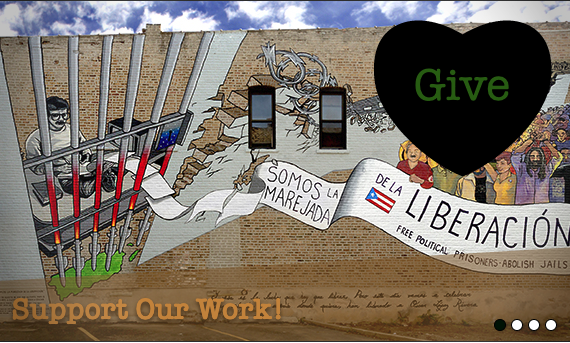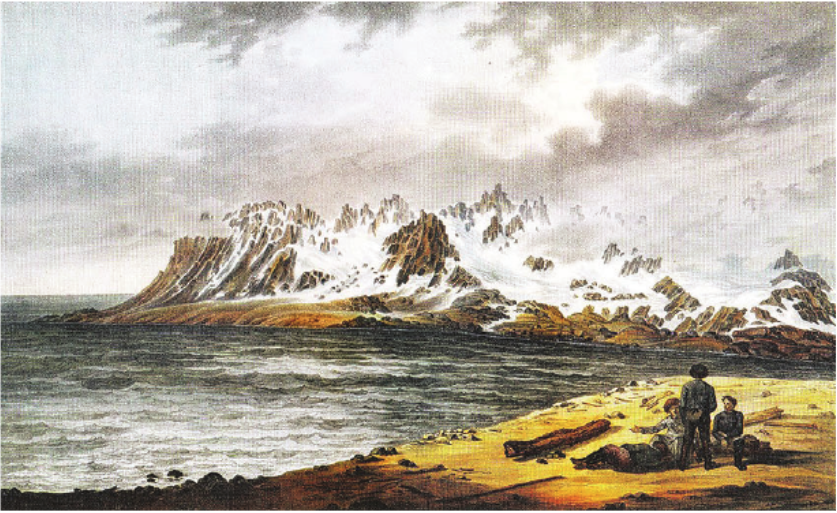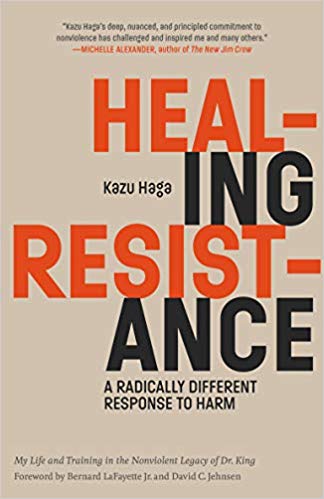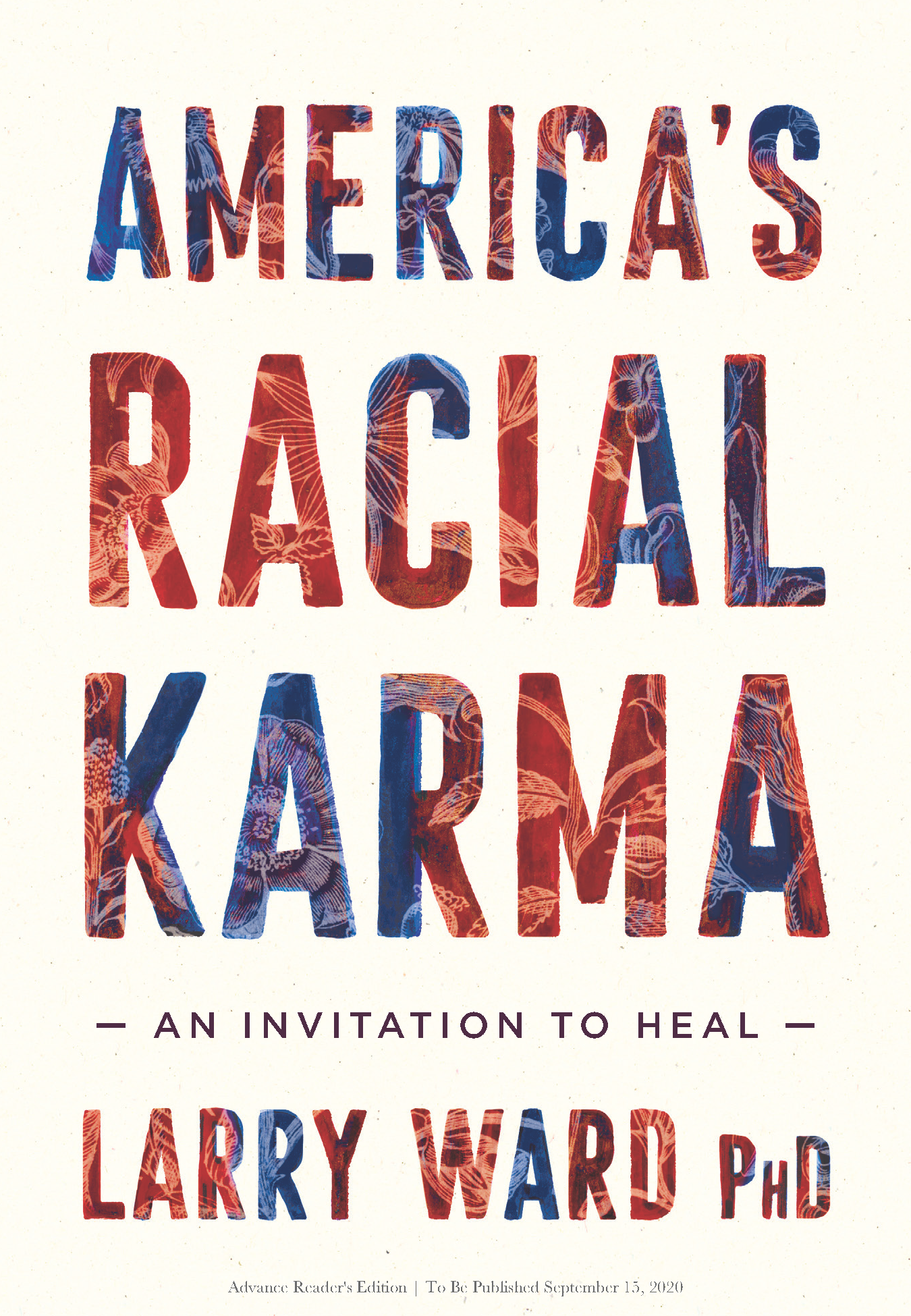Prison Radio is an independent multimedia production studio. They produce content and seek to distribute these essays and productions throughout the world. They have been very successful over twenty years producing content for radio, television, and films. They are a c non profit organization and a project of the Redwood Justice Fund. In case you are curious, what they are not is a radio station. They work with radio stations and place their content on this and other broadcast venues.
Prison Radio challenge unjust police and prosecutorial practices which result in mass incarceration, racism and gender discrimination. They do this by bringing the voices of men, women and kids into the public debate and dialogue on crime and punishment. Their radio broadcasts help spur the public to examine core issues that create crime and heighten disenfranchisement. Their educational materials serve as a catalyst for public activism, strengthening movements for social change. Prison Radio’s productions illustrate the perspectives and the intrinsic human worth of the more than . million people under correctional control in the U.S and those not served by the justice system.
View »
Recommended Reading
Defending My Enemy: American Nazis, the Skokie Case, and the Risks of Freedom
– Aryeh Neier
Are the victims of Nazism, Zionism, Trumpism, and similar racist ideologies entitled to freedom of expression in a democracy?
In 1977, Frank Collin, leader of the National Socialist Party of America, sought to hold a Nazi march in Skokie, Illinois. In this Chicago suburb, over half the population was Jewish, and many were victims of the Holocaust in Europe.
The proposed march sparked a host of legal challenges. Skokie asked for an injunction to prevent the Nazis from marching, and new ordinances were adopted to block the march. Collin applied to hold a march on a later date, but was denied.
An ACLU lawsuit was brought in federal court seeking to invalidate the ordinances put in place to prevent the Nazi march. In the end, the Nazis did not march in Skokie, but in 1978 the Illinois Supreme Court ruled in defense of free speech rights for all.
The ACLU was severely weakened by a backlash from seemingly liberal groups who conveniently ignored their liberal principles when the targets of censorship were their own perceived enemies.
Writing from his perspective as national executive director of the ACLU, Aryeh Neier tells the story, and ponders the consequences, of Skokie and other cases in which the enemies of freedom claim for themselves rights that they would (often with the best of intentions) deny to other enemies of freedom.

⭐⭐⭐⭐⭐
A People’s History of the United States
– Howard Zinn
A 1980 nonfiction book presenting a long-neglected side of history that avoids the typical “nationalist glorification of country”. Zinn does not hide or sugarcoat the many tragedies of US history. The book is assigned in many high schools and colleges across the United States, and has inspired in a quiet revolution in the field of historical research, which now commonly includes previously ignored stories.
In a 1998 interview, Zinn said his goal in writing the book was to inspire a “quiet revolution”. “Not a revolution in the classical sense of a seizure of power, but rather from people beginning to take power from within the institutions. In the workplace, the workers would take power to control the conditions of their lives."
La Seconde Revolution Tranquille
– Gil Courtemanche
Democracy in America
– Alexis De Tocqueville
Geography, Race and the Malleability of Man: Karl Von Baer and the Problem of Academic Particularism in the Russian Human Sciences
– Nathaniel Knight
Published: 2018
The question of national specificity in science was vigorously debated in 19th century Russia and remains relevant to the geographical and cultural contextualization of scholarship. This article introduces the term academic particularism to denote this phenomenon and addresses it through an examination of the career, ideas and legacy of Karl von Baer in the fields of geography, ethnology and physical anthropology. The article traces significant shifts in Baer’s interests and views after his relocation to Russia in 1835 and identifies a cluster of key ideas present in Baer’s work in the mid-19th century that were further developed by subsequent scholars in the late 19th century and came to constitute a distinctive strain in the Russian human sciences. Echoes of these early ideas on race can be found in many other cultures, and are still heard today.
Remembering Jim Crow
– William H. Chafe (Editor), Raymond Gavins (Editor), Robert Korstad (Editor), With Paul Ortíz
Published: 2008
– Kazu Haga
Published: January 14, 2020
In Kingian Nonviolence, a philosophy developed out of the teachings of Martin Luther King Jr., there is a distinction made between nonviolence spelled with a hyphen, and nonviolence spelled without a hyphen. “Non-violence” is essentially two words: “without” “violence.” When spelled this way, it only describes the absence of violence. As long as I am “not being violent,” I am practicing non-violence. And that is the biggest misunderstanding of nonviolence that exists.
View
The Wisdom of W.E.B. Du Bois
– W.E.B. Du Dois
– Larry Ward
Immediate, illuminating, and hopeful: this is the key set of talks given by leading Zen Buddhist teacher Larry Ward, PhD, on breaking America’s cycle of racial trauma.
View
Related Content









